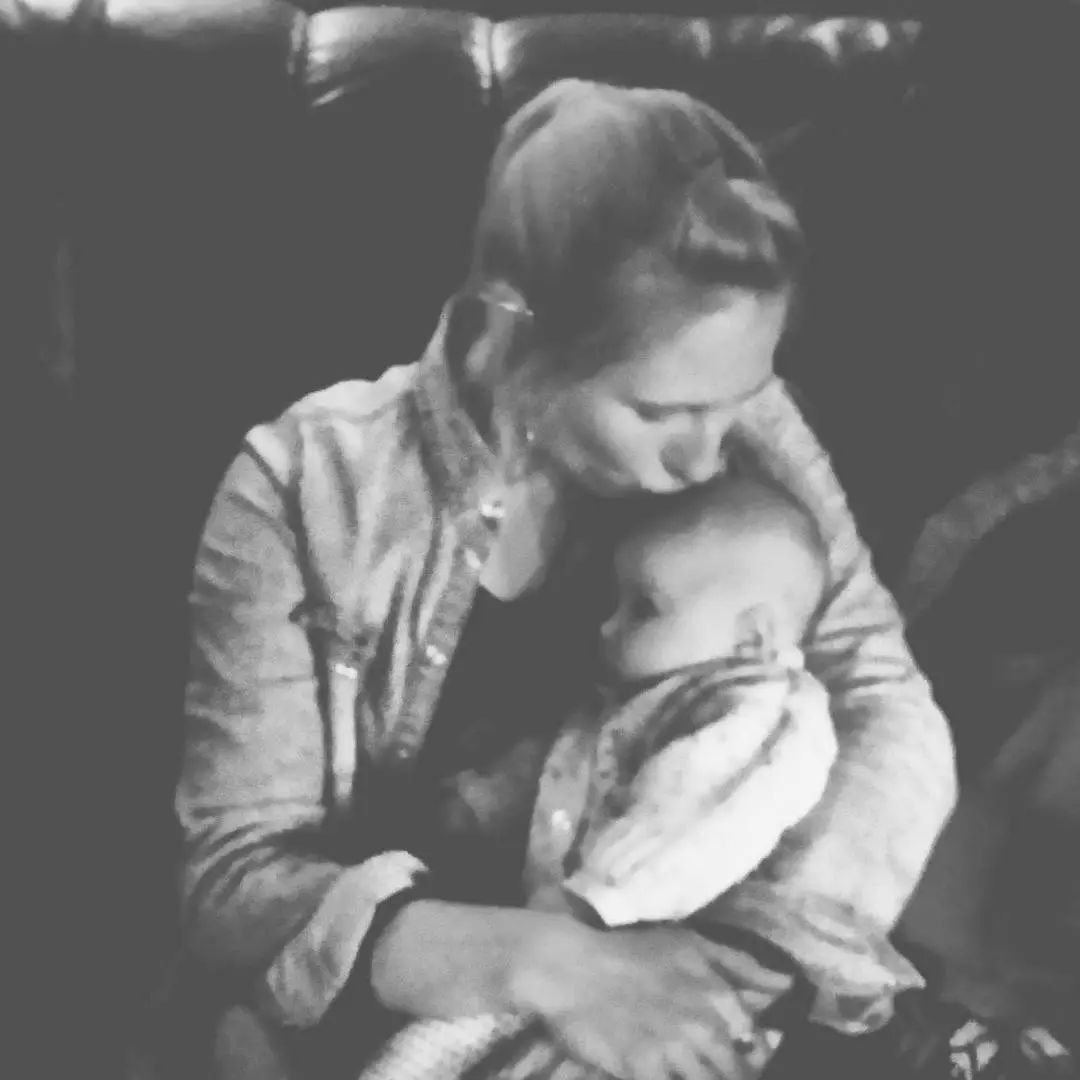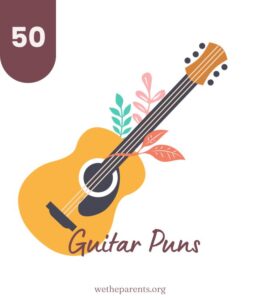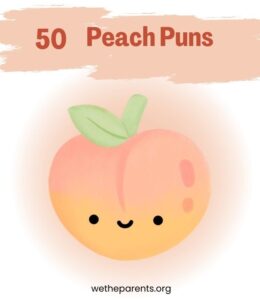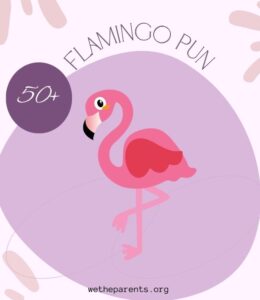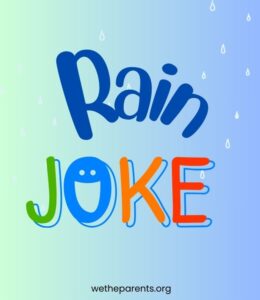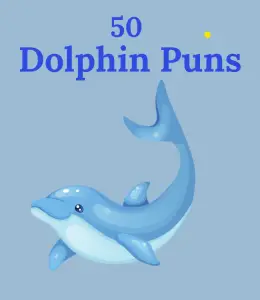The Riddle
“Someone’s mother has four sons. North, South, and East. What is the name of the fourth son?”
The solution (spoiler alert)
The obvious answer that you want to say is “West”.
But…
You’d be dead wrong.
The correct answer is — Someone
Let’s break it down (this is hilarious!)
There is a boy who, oddly, has been named Someone.
Yep, his cruel parents decided to call him Someone.
Not only is it an unusual and, generally, a terrible name, but also very different from his three other brothers who were named North, West, and East.
So, not only did Someone get landed with a very confusing and bad name, but he also felt different from his other brothers who were all named after cardinal directions, ie. the directions on a compass.
A double-whammy of parental injustice!
Poor Someone.
The Anatomy of the riddle (what makes it tick?)
This riddle is a classic RED HERRING.
That is… it leads you heavily towards an answer that, psychologically, you feel compelled to give.
However, this answer would be wrong.
The real answer was hiding in plain sight.
But you were lead so strongly towards a different answer that it was easy to miss.
Further explanation and fun facts about the riddle
In order to solve the riddle Someone’s Mother Has Four Sons (SMHFS), it is important to get a few things straight:
- First of all, SMHFS is not a math problem. There are no numbers given, except for “one”, which is not used in any mathematical formula or equation.
- Secondly, SMHFS is not a riddle that can be solved by pure logic. You cannot know that the word “Someone” is being used as a proper noun rather than a pronoun.
- SMHFS requires critical thinking, it’s a puzzle and something along the lines of what Sherlock Holmes might have done to solve a mystery.
- This viral riddle blew up on Facebook, as many other ‘red herring’ riddles do. The fun lies in people getting it wrong, especially when they then cannot see the right answer even though it’s right in front of them.
- Like other ‘red herring’ riddles, the key lies in reading the question carefully. If the answer seems too obvious, then that is usually a giveaway that it’s that sort of riddle.
- What makes this riddle so funny is that the fourth son has such a ridiculous name!
Common alternatives to someone’s mother has four sons
“Someone’s mother has four sons: North, West, and South. What is the fourth son’s name.”
Answer: What
This is great for people who think they know the riddle already.
It’s a double-red herring!
Those in the know will say “Someone”. But actually, in this case, the correct answer is “What”.
Notice that the sentence doesn’t end in a question mark. Instead, it ends with a full stop. So, rather than it being a question, it’s a simple statement of the fourth son’s name.
What is a riddle?
A riddle is a question or statement with a double, or veiled, meaning, presented as a puzzle to be solved. There are two types of riddles. On one hand, they can be curiosities of language and thought, while, on the other, they can be enigmas of real life. For this reason, a riddle requires ingenuity and some careful thought to be solved.
Riddles have been around for centuries. They first arose in ancient Egyptian, Greek, Roman, Indian, Chinese, and Celtic cultures. Often they are short poems that are easy to memorize. The first example of a riddle was discovered in Egypt around 1800 BC and was for the intellectual entertainment of aristocrats. Ancient Romans also wrote books of riddles for children.
Why is riddling important?
Riddles help you to think and exercise your brain. Riddles require thinking, reasoning, logical deduction, and mental agility which, in turn, builds up your self-confidence and intellect. As you search for and solve riddles, your mind becomes focused and you can sharpen your memory and analytical skills.
Riddles teach you to think out of the box. They can be used for improving oral communication and presentation skills in a fun way. Kids, especially, love brain teasers because they can be an easy way to build vocabulary and reading comprehension.

